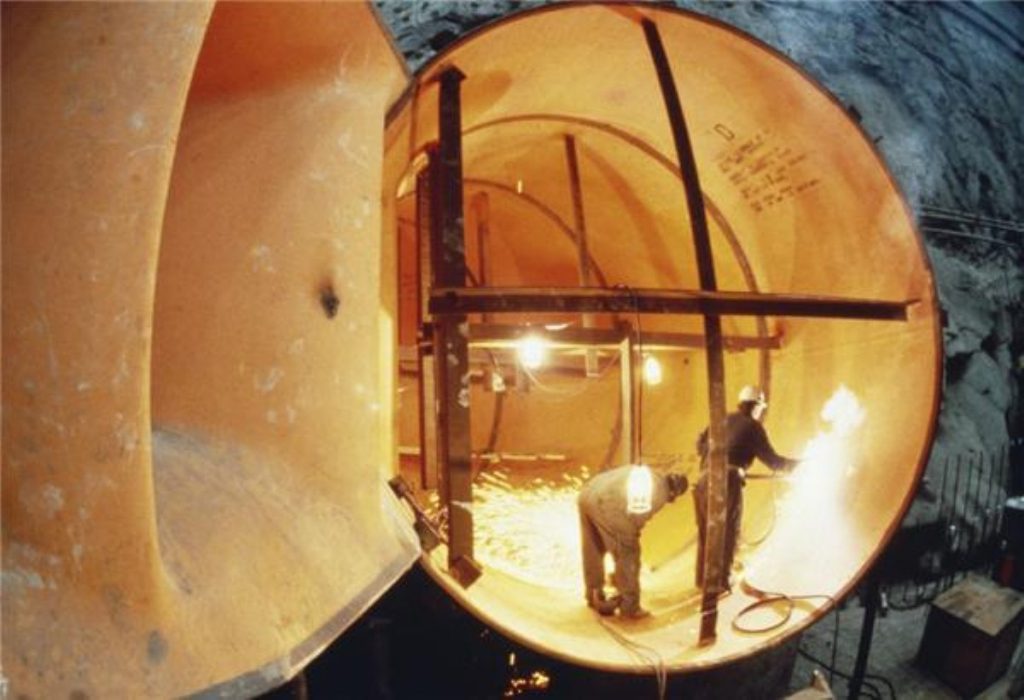Osborne finds cash for ‘shovel-ready’ projects
By Alex Stevenson
The Treasury is to make £5 billion available for infrastructure projects to boost Britain's struggling economic recovery, George Osborne will announce.
Tomorrow's autumn statement is expected to see the chancellor announce 'under-spends' from elsewhere in government, including from tax avoidance, have made the money available.
They will form part of a longer-term £30 billion investment made possible by a deal with pension funds announced by Mr Osborne yesterday. This will see the funds invest in projects over a much longer period, attracting further private sector investment.


"British pension funds have not been investing the savings of British people in British infrastructure. Now we are hopefully going to change that," Mr Osborne told BBC1's The Andrew Marr Show yesterday.
"We have signed an agreement with the big pension funds that will see them investing British savings in British infrastructure, building an economy based now on savings and investment rather than on debt."
Chinese money will play a key role, with China Investment Corporation chairman Lou Jiwei writing in the Financial Times that he sees involvement as "win-win" for all concerned.
"Now infrastructure in Europe and the US badly needs more investment," Mr Lou wrote.
"Traditionally, Chinese involvement in overseas infrastructure projects has just been as contractors. Now Chinese investors also see a need to invest in, develop and operate projects."
Tomorrow Mr Osborne will outline how the £5 billion is being allocated. Around £600 million is expected to be diverted towards a new schools programme, the Guardian reported.
Other expected measures include an increase in the bank levy to bring the tax's annual income to £2.5 billion, a deferral of the 3p increase in fuel duty to help motorists and a cap on the planned 8.2% hike in rail fares, which will be cut to 6.2%.
Around 500 projects are expected to be announced tomorrow, of which 20 will be 'big-ticket' schemes. They are being grouped together under what the government is calling its 'national infrastructure plan'.
Only around two per cent of pension funds' £1 trillion of assets are currently invested in infrastructure.
Joanne Segars, chief executive of the National Association of Pension Funds (NAPF), said there was potential for this to be much higher.
"Infrastructure is a good fit with the needs of pension funds because projects like ports and power stations can offer a reliable return over a long timeframe," she said.
"But at the moment many pension funds struggle with the mechanics of investing in infrastructure. They need a simpler financial vehicle that helps them to get on board with bricks and mortar."
The NAPF says the current investment model makes investing in infrastructure too difficult, but hopes the memorandum of understanding it signed with the government yesterday will "facilitate the development of a new pension infrastructure platform" to ease the process.

